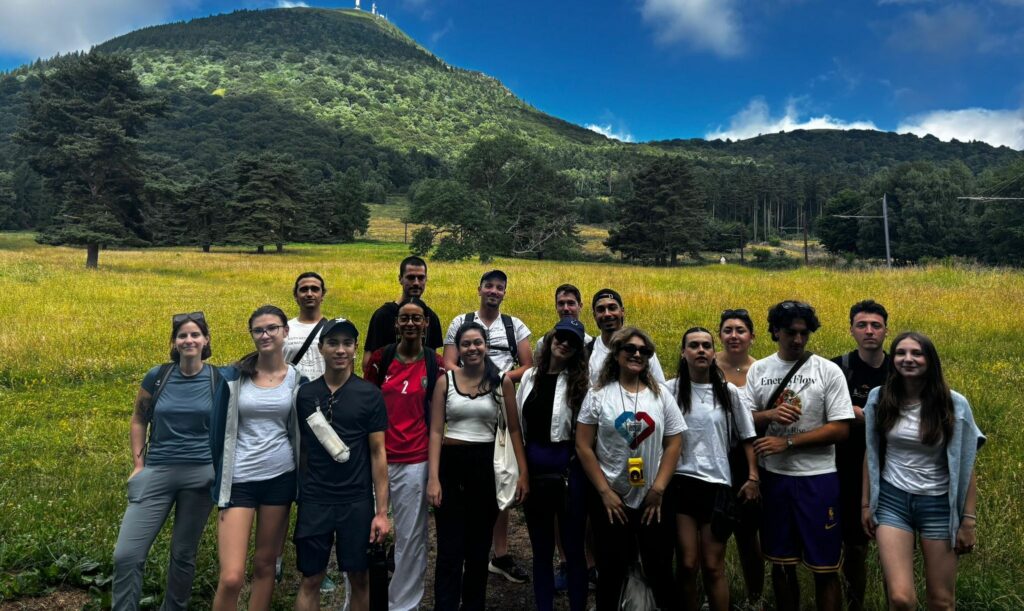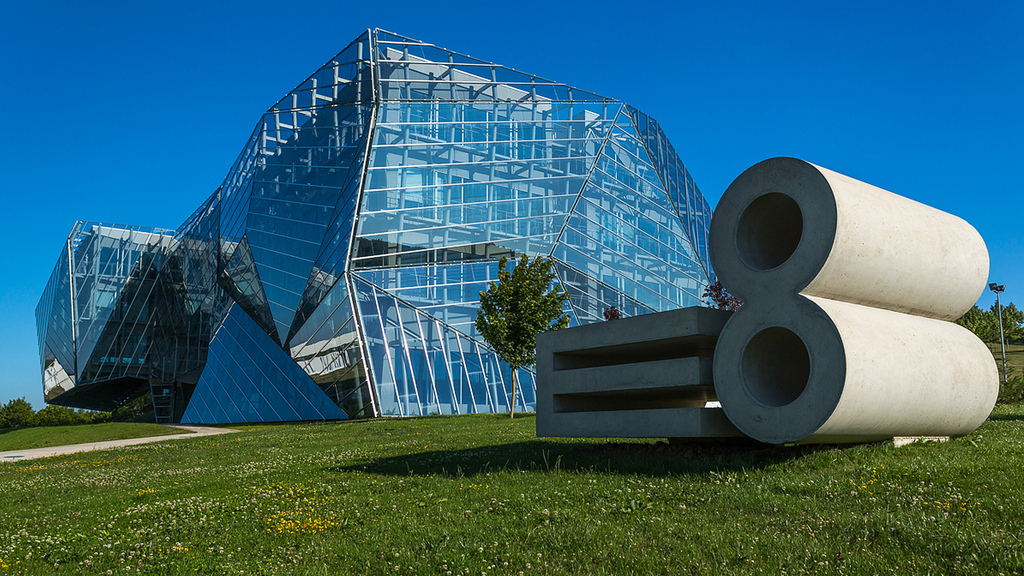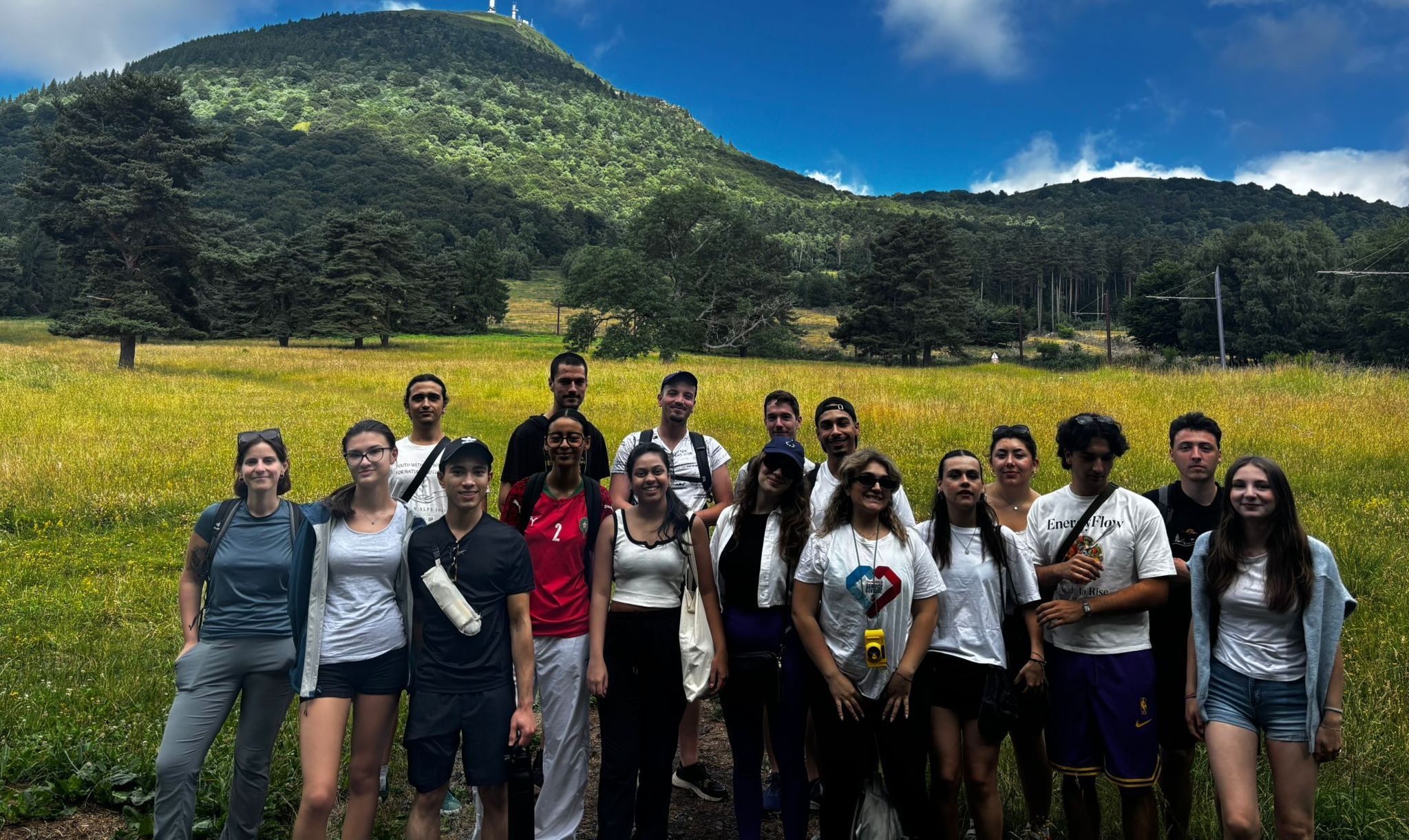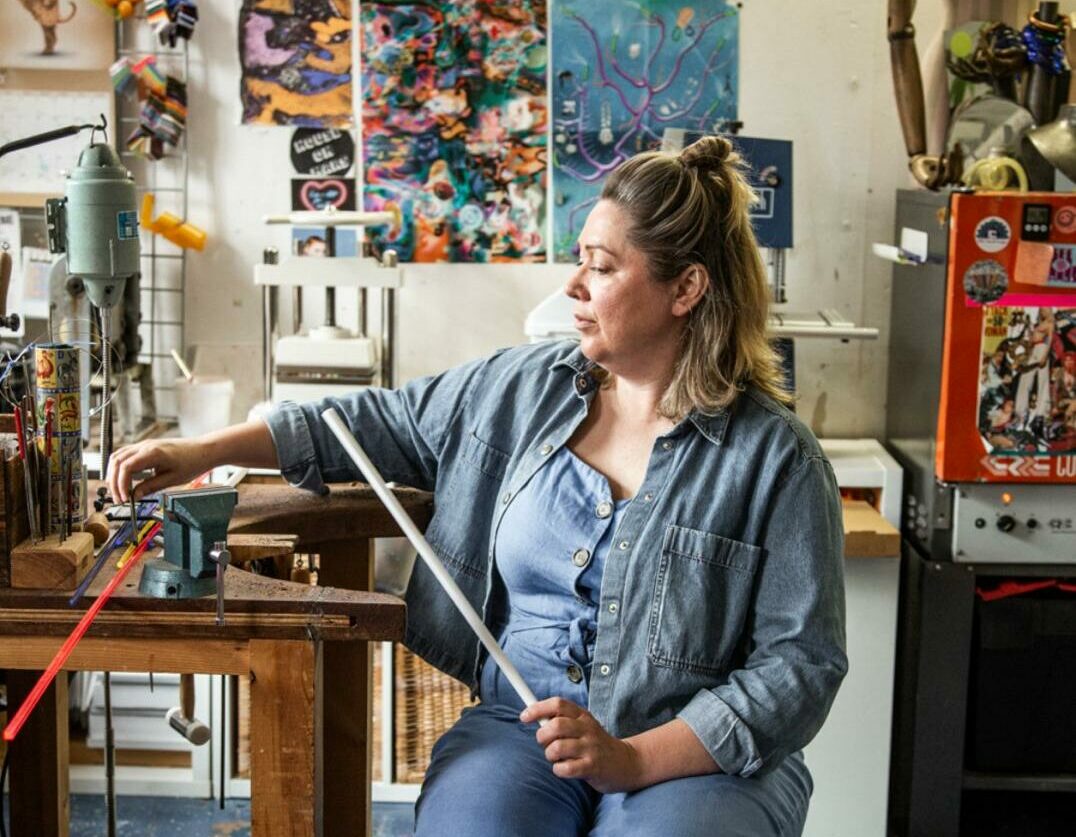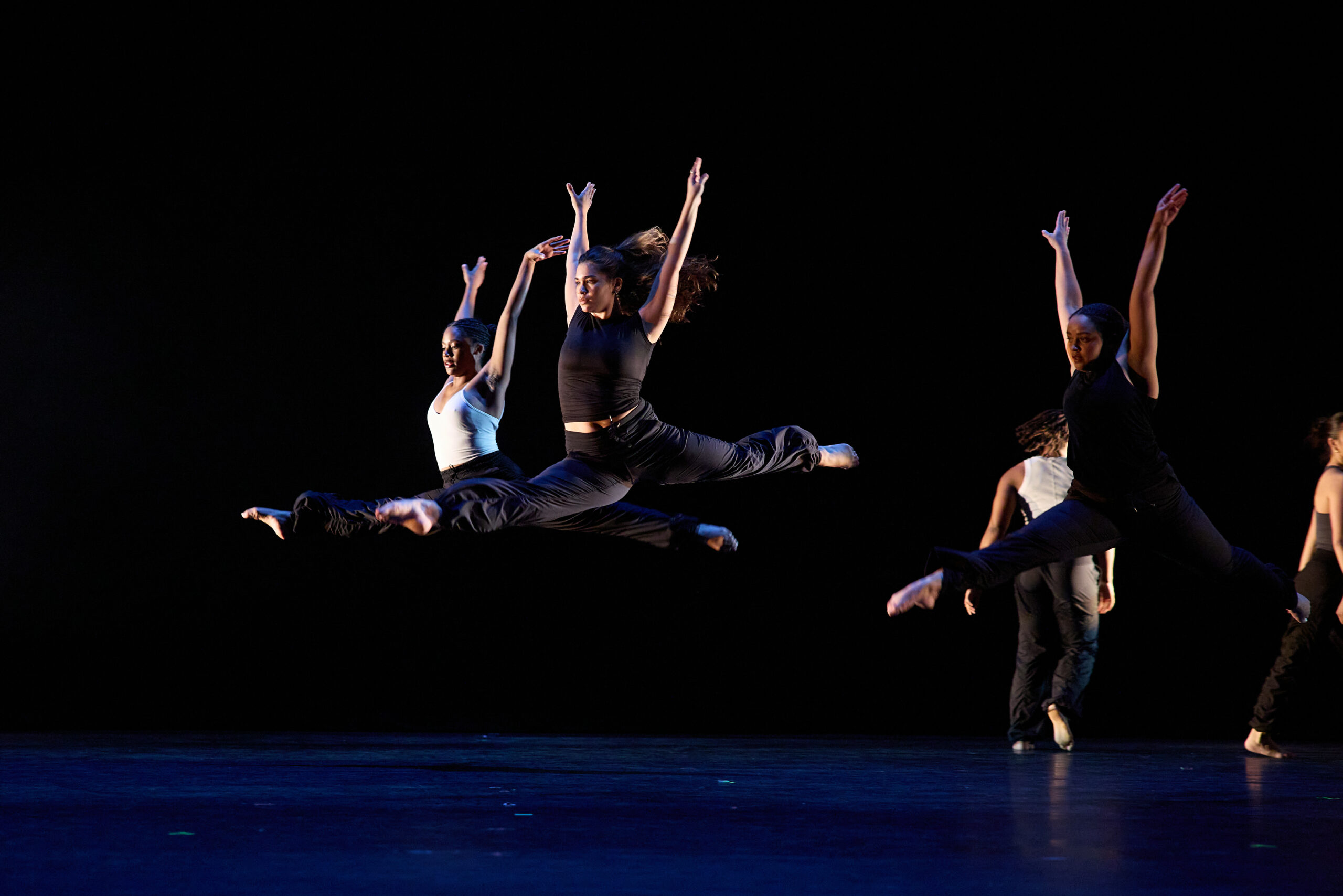The truth is: the natural world is changing. And we are totally dependent on that world. It provides our food, water and air. It is the most precious thing we have and we need to defend it.
—David Attenborough

In recent years, a term has increasingly emerged in media and public discourse: eco-anxiety. A reflection of growing concern over the state of the planet, this feeling resonates particularly strongly with younger generations.
In 2021, an international study led by Hickman et al. surveyed young people from 10 countries—including Brazil, India, Nigeria, and the Philippines—on their views regarding climate change and their trust in government action. The findings were striking: 59% of respondents said they were very or extremely worried, and more than half reported experiencing deep emotions such as sadness, anxiety, anger, powerlessness, helplessness, and guilt.
In response to this silent distress, initiatives are emerging to amplify young voices and transform their concern into action. It was in this spirit that the International Network of Michelin Cities (INMC), in partnership with the Europe Direct Centre of Puy-de-Dôme, organized an international exchange dedicated to eco-anxiety and the climate emergency.
From June 24 to 29, 2025, the City of Clermont-Ferrand, itself engaged in an ecological transition, hosted 12 young people aged 18 to 25 from Braga (Portugal), Regensburg (Germany), and Pirot (Serbia). The goal: to reflect together, speak out, and most importantly, take action in the face of the environmental crisis.
Over the course of four days, participants shared their emotions, fears, and hopes. Through workshops, they gained a clearer understanding of the realities of climate disruption, explored key statistics, and above all, sought ways to turn anxiety into meaningful engagement.
Two groups of participants wrote an article on a topic close to their hearts, combining personal reflection with collaborative research. These contributions are now available to read below.
But the exchange wasn’t just about discussion. A hike to the summit of the Puy-de-Dôme allowed them to immerse themselves in the region’s rich natural heritage and biodiversity. The stay ended with a visit to the Europavox Festival, a celebration of Europe’s cultural and musical diversity. There, the participants engaged with the organizers to discuss the environmental challenges of hosting large-scale events, especially the carbon footprint of artists’ travel.
This project underscores a vital truth: in the face of climate anxiety, listening, collaboration, and collective action are the most powerful tools we have. And today, more than ever, it is young people who are showing us the way forward.
